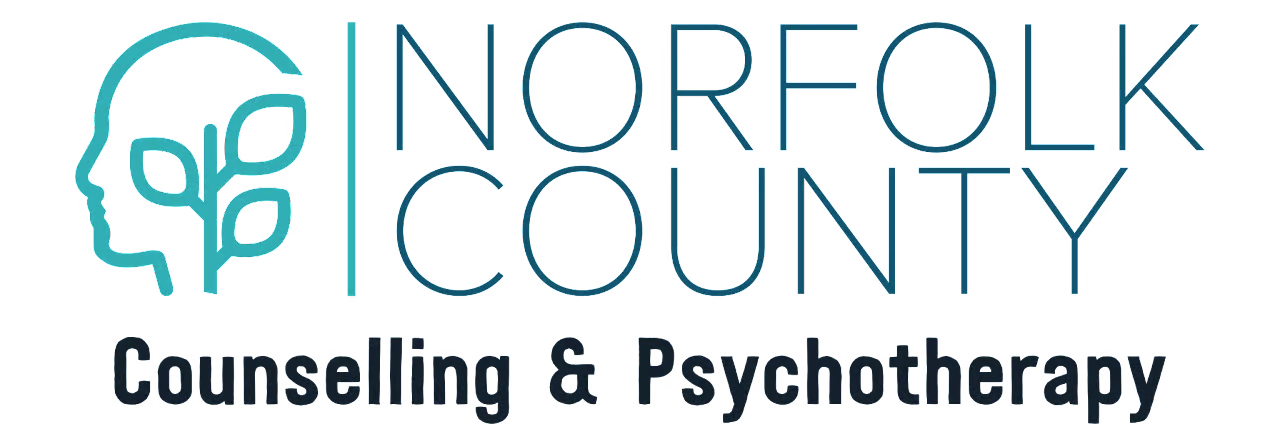Recognize and Recover from a Burnout
Written by: Hannah Kochany BSW (cand.)
How to Recognize and Recover from a Burnout at Work and School
Imagine getting up in the morning with a full day of lectures and class work, or a long shift or meetings in store for you. All important, yet you want no part in getting up. The thought of starting the day ahead of you leaves you feeling overly stressed, overwhelmed, and leaves you irritated and anxious.
This may be a sign that you are burnt out, or in the early stages of these feelings. While burnouts are extremely common especially in relation to school and work, it is important to recognize a burn out early on, to start tackling your feelings and try to get back into your normal flow of work and/or school.
What is a burnout?
A burnout is a condition of overwhelming emotional, physical, and mental exhaustion due to prolonged and excessive stress. Burnouts can emerge when individuals feel overwhelmed, emotionally depleted, and unable to cope with continual demands. Your work or school weeks may feel never ending, your work may feel like it’s piling up to the point of incompletion, and your stress and exhaustion build up higher.
Burnouts shouldn’t be confused with typical feelings of frustration after studying for hours or from being sleep deprived after a night of finishing an assignment. Rather, they stem from long term stress due to various reasons, in this case it’s applying to work and school.
Burnouts can be caused by various things such as the culmination of weeks or even months of studying the same material over again, continuous years of schooling, or working on the same project or thesis for extended periods of time. In the workplace they can also be caused by lack of control when it comes to decision making that affects your job, like your schedule, assignments given, or your workload.
Other examples of situations that can factor into a burnout include:
- Being unclear of your job or assignment expectations and what is expected from you compared to what you have authority over
- Being surrounded by dysfunctional workplace dynamics whether its undermining colleagues or a micromanaging boss
- Feeling isolated at work or in class, especially those who learn or work remotely
- Having a work/school-life imbalance and not having the energy to spend time with family or friends due to how much time is being spent in work or school
- Having a heavy workload requiring long hours and tight deadlines
- Working in a helping profession
- High expectations for yourself or pressure from others to succeed
- Working without a sense of purpose and agency, feeling helpless
How Can You Recognize a Burnout?
Signs of a burnout may not always be noticed right away, and when they are they might not be recognized and are just attributed to something else. It is important to pay attention to your mind and body however, as increased symptoms especially during a time of prolonged stress typically are leading up to a burnout.
Some ways to spot a burnout include:
- Excessive stress
- High blood pressure
- Exhausted despite the amount of sleep you are getting
- Increased irritability and lashing out at others
- Feeling less motivated
- Loss of confidence in your abilities
- Increased pain and tension in your body, muscle aches, jaw tension, headaches, higher frequency of illness, stomach or bowel problems
- Increase in negative habits such as overeating, staying up too late, nail biting, drinking, drugs
- Inability to concentrate
- Weight loss or gain
- Poor work or school performance
- Uninterested in aspects of school or work that you used to enjoy
- Feelings of anxiety or depression
- Problems with memory, attention span, and decision making
- Having trouble getting started on work
- Lack of satisfaction from achievements
- Neglecting your personal needs
How Can You Avoid a Burnout?
While burnouts are not completely avoidable, there are some steps you can take to help prevent them and their symptoms. These small changes in your day to day life can assist in preventing a pile up of stressors that could ultimately lead you to burnout.
- Get plenty of physical exercise: keeping your body active and healthy can also assist in keeping your mind healthy, physical exercise 3x a week whether its a workout or just going for a walk are great options
- Sleep 7-9 hours per night: insomnia and exhaustion are key signs of a burnout, but making sure you are staying well rested can help tackle physical and mental exhaustion by giving your mind and body a rest
- Avoid procrastination: stress can often make it very difficult to keep up with tasks and rather put them off, however this will ultimately lead to increased frustration and stress in the end
- Make time for enjoyable activities: by adding things you love to your calendar throughout, you will feel more motivated to start your school or work days as you will often have something to look forward to in your day or week
- Make time for social activities: friends and family serve as more than just a support system. When spending time in a fun and social environment you are able to give your mind a break and just enjoy your time
- Develop good relationships: by developing a relationship with your employer or professor, or befriending classmates or coworkers, school and work can feel like less of a chore
How to Recover From a Burnout
Oftentimes, burnouts are inevitable and you may just be very overwhelmed. This is very common and while burnouts can be extremely frustrating and feel like they can’t be overcome, there are things you can do to recover from your current burnout while also taking steps to prevent future ones.
Some ways to recover from a burnout include:
- Practice self care: giving yourself a break by rewarding yourself gives you back the control over your schedule and is a great tool to help decompress after being overwhelmed. Some forms of self care can include going for a walk or hike, watching a movie, reading a chapter of a book, doing your skin care, etc.
- Shift your perspective: work to determine which parts of your stressful work or school situation are fixed, and which you are able to change. Take back your control over the parts you can change in order to relieve yourself some of that stress
- Acknowledge your progress and accomplishments: The best way to do this is by creating a to do list and checking off your tasks when completed. This can help break down your work to seem less overwhelming, and more approachable or doable, while also allowing you to appreciate the progress you make
- Talk to friends and family: being able to vent out your emotions and express how you feel to someone you know and trust can help relieve some of the intensity of these feelings
- Set reasonable goals: one way to stick to the goals and deadlines you give yourself is by using daily reminders to stay motivated or through your calendar
Burnouts happen to everyone, and can make your work feel much harder than normal, but it is important to not let a burnout hold you back from getting your work done whether it’s at a job or for school. While these lists and tips are not an extensive list, they are a great starting point to help recognize, avoid, and recover from burnouts.
Remember that when you are trying to deal with a burnout, consistency is very important, it may feel like there is no end but don’t give up. You know your body and mind better than anyone, don’t ignore any burnout symptoms as it can get worse if you keep pushing forward while not making any changes. You are not alone in these feelings and you can start to enjoy what you do again.

